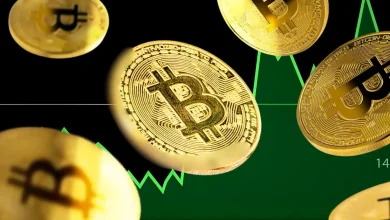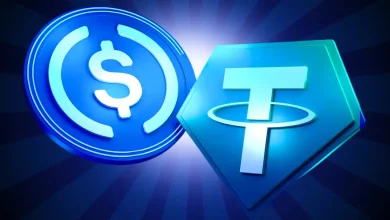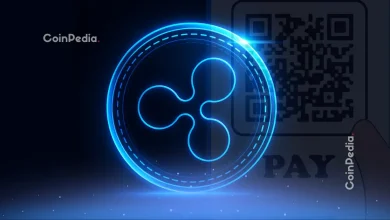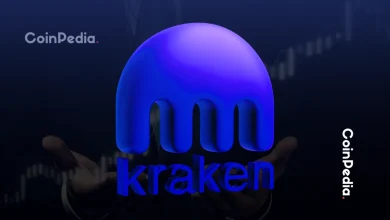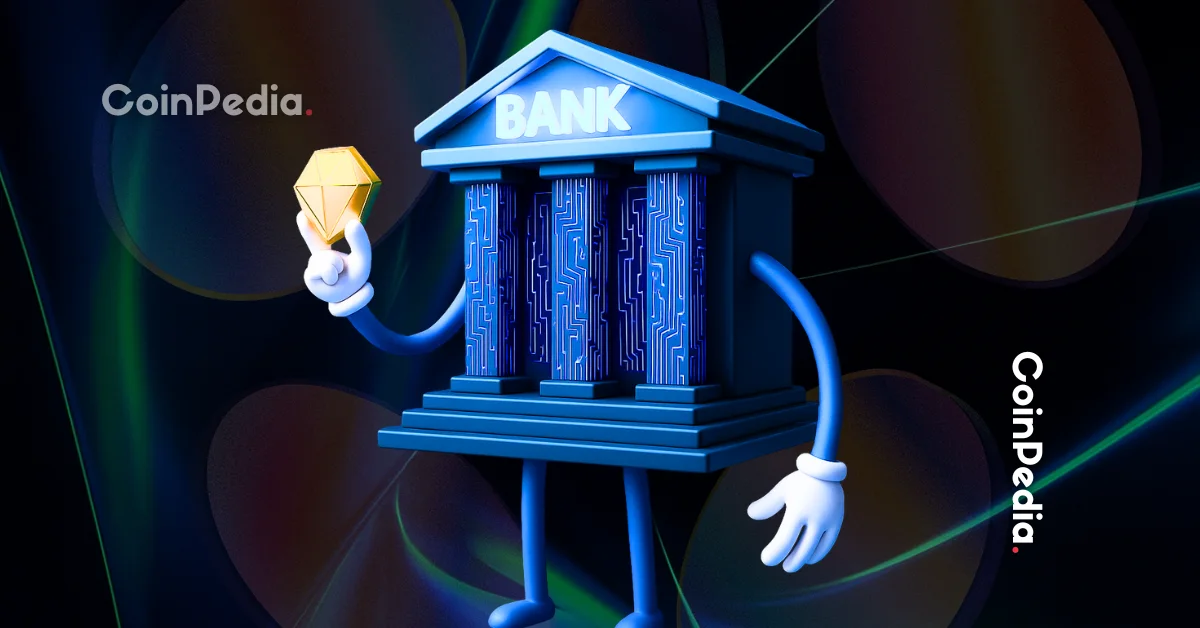
SBI Shinsei Bank partners with Partior and DeCurret to launch tokenized deposits for faster cross-border payments.
The initiative aims to create a 24/7 blockchain settlement network supporting multiple major currencies.
Japan is moving ahead in using blockchain for global banking.
Great news – Japan’s SBI Shinsei Bank is stepping into blockchain-powered payments with a new global partnership.
The bank has signed an MoU with Singapore’s Partior and Japan’s DeCurret DCP to develop a settlement system for tokenized deposits that works across multiple currencies.
Here are the details you can’t miss!
Faster Payments, Lower Costs
The project is aimed at moving away from slow, costly correspondent banking. Instead of relying on intermediaries, the three firms want to build a 24/7 global settlement network using blockchain.
DeCurret already operates the DCJPY platform, which allows Japanese banks to issue yen-denominated deposit tokens. With this new deal, SBI Shinsei plans to go beyond yen, introducing tokenized deposits in other major currencies to meet the rising demand for cheaper and faster international transfers.
- Also Read :
- Crypto Regulations in Japan 2025
- ,
Partior, backed by major global banks including JPMorgan, DBS, Deutsche Bank, and Standard Chartered, brings the settlement infrastructure. It already supports U.S. dollars, euros, and Singapore dollars and will now add the Japanese yen to its network.
Who Does What?
The partners have clear roles:
- SBI Shinsei will handle the issuance of tokenized deposits.
- DeCurret will connect its DCJPY system to Partior’s international network.
- Partior will integrate yen support into its platform.
“The three companies will soon begin discussions to define detailed roles and responsibilities with the aim of concluding a formal business collaboration agreement at an early stage,” they said in the announcement.
If successful, this model could cut down settlement times and costs, offering a blockchain-based alternative to traditional banking rails.
Riding the Global Tokenization Wave
This move fits into a much bigger global trend.
The Bank for International Settlements’ Project Agora is exploring how tokenized commercial deposits can link with central bank money to speed up global payments. Meanwhile, Singapore’s Project Guardian is testing tokenization in lending, securities, and forex markets.
Japan Post Bank also said this month that it is considering tokenized deposits through DeCurret’s platform.
Why It Matters
For SBI Shinsei, a unit of SBI Holdings, this initiative comes at a key moment as the bank prepares to relist on the Tokyo Stock Exchange after delisting in 2023.
If the collaboration delivers, it could put Japan on the map as a serious player in global payment innovation.
Never Miss a Beat in the Crypto World!
Stay ahead with breaking news, expert analysis, and real-time updates on the latest trends in Bitcoin, altcoins, DeFi, NFTs, and more.
FAQs
SBI Shinsei Bank is partnering with Partior and DeCurret to create a multi-currency settlement system using tokenized deposits for faster, cheaper global payments on a 24/7 blockchain network.
Tokenized deposits on blockchain will reduce reliance on slow correspondent banking, cutting transaction times and costs for cross-border transfers in currencies like yen, USD, and euros.
DCJPY is a Japan-based platform operated by DeCurret that allows banks to issue yen-denominated digital deposit tokens, which will now connect to global settlements via Partior.
This collaboration positions Japan as a key player in payment innovation, leveraging blockchain to enhance its financial infrastructure and compete in the global tokenization trend.
Trust with CoinPedia:
CoinPedia has been delivering accurate and timely cryptocurrency and blockchain updates since 2017. All content is created by our expert panel of analysts and journalists, following strict Editorial Guidelines based on E-E-A-T (Experience, Expertise, Authoritativeness, Trustworthiness). Every article is fact-checked against reputable sources to ensure accuracy, transparency, and reliability. Our review policy guarantees unbiased evaluations when recommending exchanges, platforms, or tools. We strive to provide timely updates about everything crypto & blockchain, right from startups to industry majors.
Investment Disclaimer:
All opinions and insights shared represent the author's own views on current market conditions. Please do your own research before making investment decisions. Neither the writer nor the publication assumes responsibility for your financial choices.
Sponsored and Advertisements:
Sponsored content and affiliate links may appear on our site. Advertisements are marked clearly, and our editorial content remains entirely independent from our ad partners.

